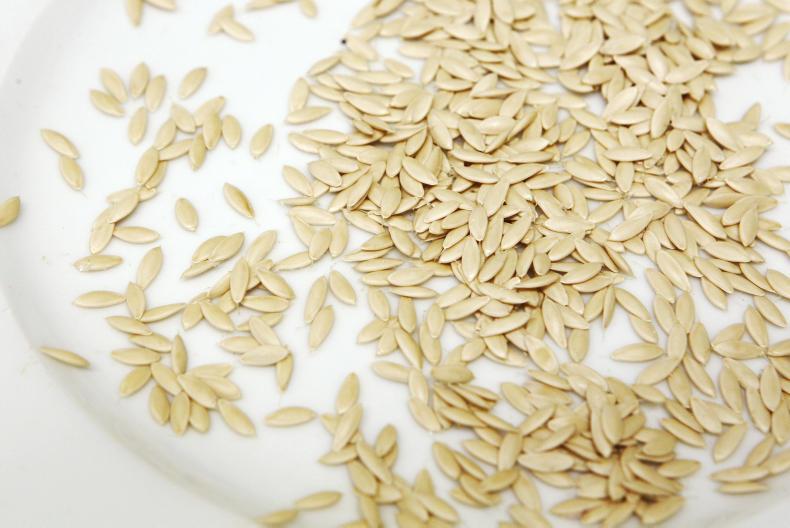The Department of Agriculture (DAFM) has received reports of unsolicited seeds being sent in the post from an unknown sender outside of the EU.
In a statement on Twitter, DAFM said that the seeds are being received by members of the public.
It has warned anyone who has received these packages not to plant or compost them, as they may pose a risk to the environment.
We have received reports from members of the public who have received unsolicited seeds in the post from an unknown sender outside of the EU.
— Dept of Agriculture, Food and the Marine (@agriculture_ie) August 5, 2020
If you have received seeds by post that you didn't order please email: plantimports@agriculture.gov.ie pic.twitter.com/3xutF5cHB1
Imported seeds, plants or plant products from outside of the EU must be registered with DAFM. Consignments must be issued with a phytosanitary certificate to prevent the introduction of harmful pests and invasive species into Ireland and the EU.
Anyone who has received seeds by post that weren’t ordered are being urged to contact DAFM on plantimports@agriculture.gov.ie.
Global
Members of the public in the United States, Canada, Japan and the UK have also received random packages of seeds over the past number of weeks.
The USDA authorities have found that the unsolicited seed packages contain several plant species including mustard, cabbage, lavender and rosemary.
We have received reports of people receiving seeds from China that they did not order. If you receive them - don't plant them. Report to @USDA_APHIS at https://t.co/0U53rbAiHs pic.twitter.com/Y4yAKv5bk7
— WA St Dept of Agr (@WSDAgov) July 24, 2020
The origins of these packages are not yet known. Officials from 50 US states have urged the public not to plant them.
The Canadian Food Inspection Agency warned gardeners not to plant any of these seeds, warning that they could be from invasive species or even carry pests.
Scam
The police in Whitehouse, Ohio, USA, where residents reported receiving seeds, said the packages appeared to be part of a “brushing” scam.
“A brushing scam,” the Department said on its Facebook page, “is an exploit by a vendor used to bolster product ratings and increase visibility online by shipping an inexpensive product to an unwitting receiver and then submitting positive reviews on the receiver’s behalf under the guise of a verified owner.”
Although the seeds did not appear to be “directly dangerous”, the Department said, “we would still prefer that people contact us to properly dispose of the seeds”.






 This is a subscriber-only article
This is a subscriber-only article










SHARING OPTIONS: